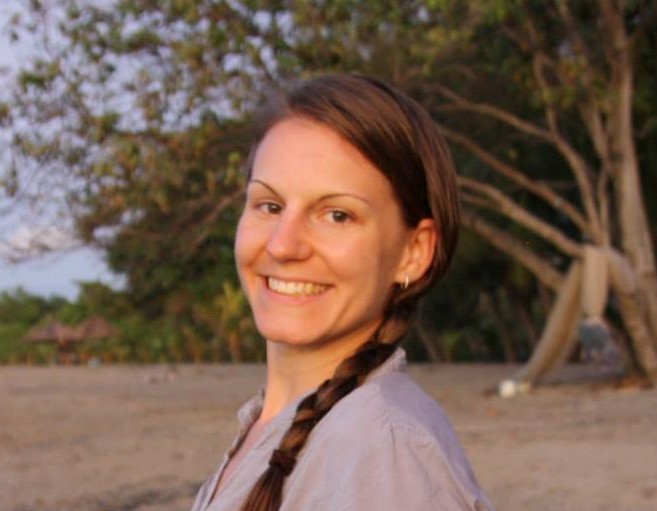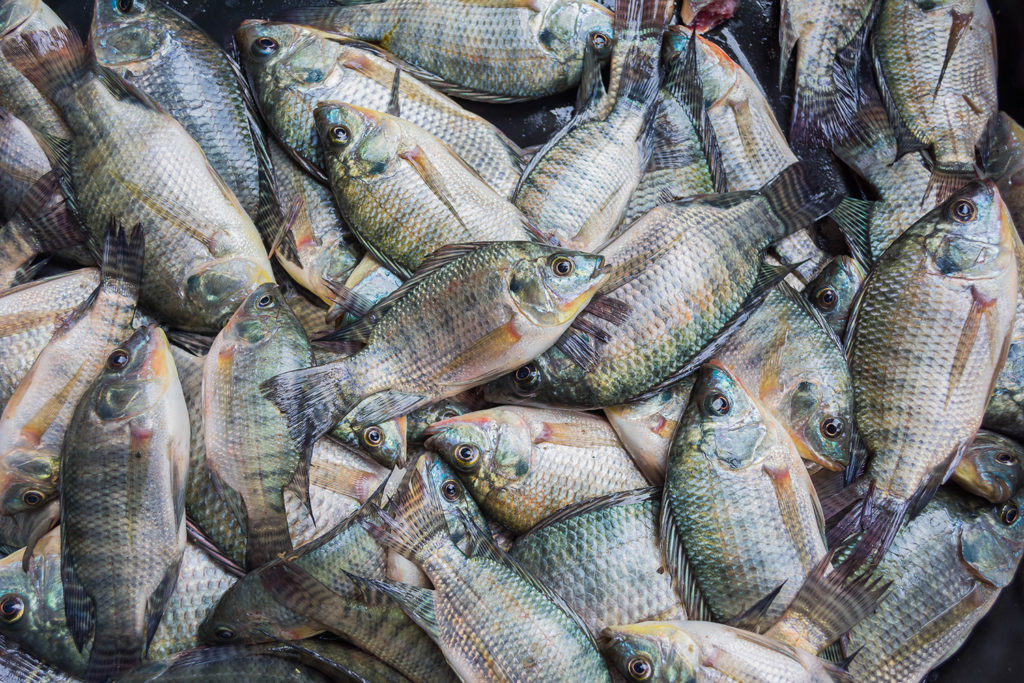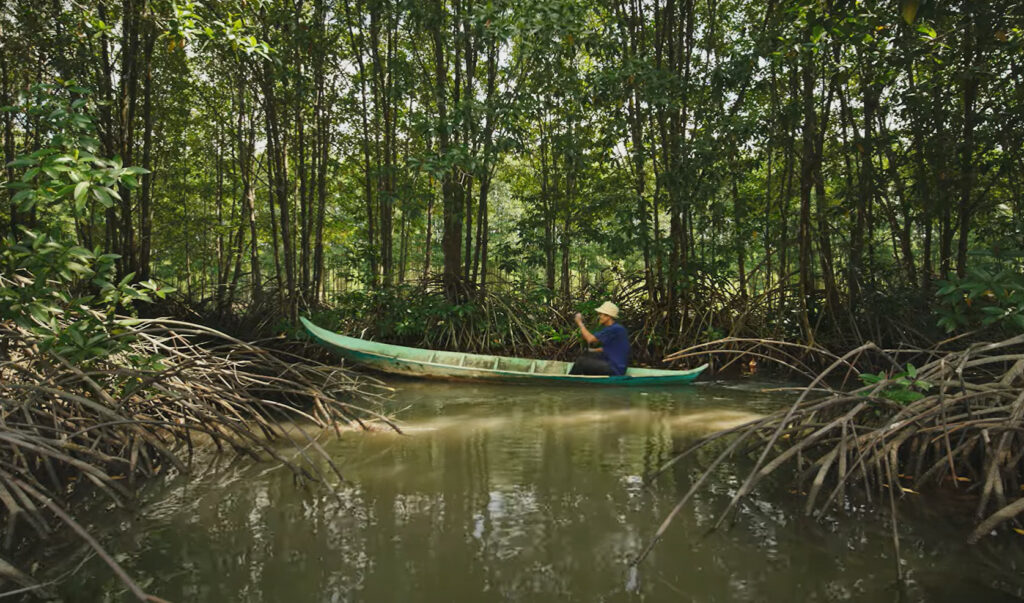Q&A with Jessica McCluney of McCluney Seafood Strategies
 Note: The Global Aquaculture Alliance spotlights various members dedicated to GAA’s mission of responsible aquaculture. Membership starts at only $50 for individuals and $5,000 for businesses. Start utilizing our extensive benefits. Featured this month is Jessica McCluney of McCluney Seafood Strategies, both strategic partners of GAA.
Note: The Global Aquaculture Alliance spotlights various members dedicated to GAA’s mission of responsible aquaculture. Membership starts at only $50 for individuals and $5,000 for businesses. Start utilizing our extensive benefits. Featured this month is Jessica McCluney of McCluney Seafood Strategies, both strategic partners of GAA.
Tell us a bit about your background.
I’ve only gotten into the aquaculture game in the past 5 years or so. After receiving a crash course in all things shrimp farming as Sustainability Director for a major US shrimp importer, I saw firsthand how not all aquaculture is created equal. Beyond that, I have been closely involved in fisheries and seafood for the past 15 years from serving as a federal observer aboard Alaskan fishing vessels to publishing research to fish procurement and corporate sustainability at two large North American seafood companies, to transitioning to independent contracting in seafood sustainability, continuing to work with both the private sector and NGOs, as well as research universities. I even started my own business sourcing sustainable (wild AND farmed!) seafood to directly supply local Seattle households from 2018-2020 but stopped due to the pandemic.
For the past two years I’ve been working with the University of Washington building and directing a thought-campaign called Today’s Farmed Fish. We aim to shift consumer perception of US farmed fish by publishing thoroughly researched myth-busting articles, showcasing positive examples of US finfish aquaculture innovations, and providing a platform to connect responsible fish farmers directly to the consumer audience.
Why did you join GAA?
Aquaculture is a prominent feature of our food security landscape in the future, and done well can be (and I would argue it will need to be) a positive contribution towards achieving a better ecological and socioeconomic harmony. I like that GAA has recognized the value of voicing that message sooner rather than later. Amplifying that voice is a primary driver of our Today’s Farmed Fish campaign so there’s a lot of opportunity to collaborate on message alignment.
What solutions do responsible aquaculture provide?
An opportunity to reduce the overall environmental footprint from our animal protein eating habits. I’d like to see food systems compared more laterally than the silos we currently make our comparisons within. We tend to look at beef as pasture versus conventional and fish as farmed versus wild, but why aren’t we comparing responsibly raised livestock with responsibly raised fish? In short, responsible aquaculture can reposition farmed fish in consumers minds from the yucky pond imagery of yesteryear to a clean source of protein from a source we can trust.
What are three words that best describe the future of the industry?
Innovation. Accessibility. Nourishment.
Where is the most interesting place you’ve traveled to?
There’s been a lot of really interesting places across the six continents I’ve been to in my career span so far. One super memorable place though is a fishing village in southwest Sri Lanka called Negombo. Chris Anderson, my co-lead on the TFF campaign, and I worked together in the past and traveled extensively in order to conduct interviews with harvesters, processors, and local fishery managers. I remember brightly painted wooden vessels equipped with a gillnet longline gear combo, and Styrofoam coolers bungie corded on the back of bicycles waiting at the dock. The curries were beautiful, the religion, language, and history were a big melting pot, and I would love to go back and explore the highlands and waterfalls of Sri Lanka’s interior.
Thanks for being a member, Jess!




